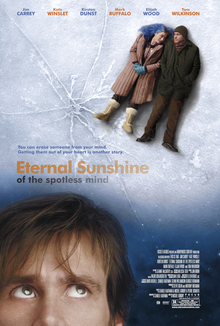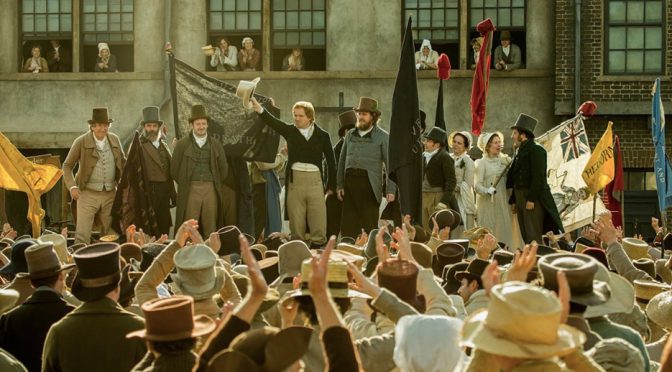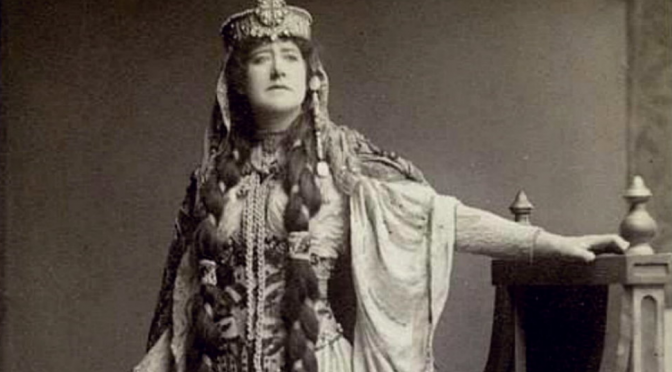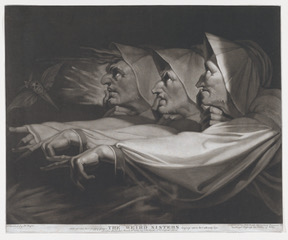by Emrys Jones, Lecturer in Eighteenth-Century Literature and Culture, and host of Pop Enlightenments Listen on Soundcloud and iTunes.
Earlier this year, I received what might be my favourite ever comment from an anonymous peer reviewer. It was regarding an article I had written for Literature Compass surveying recent scholarship on the eighteenth-century poet, Alexander Pope. I had offhandedly remarked in the essay that Eternal Sunshine of the Spotless Mind, the 2004 film written by Charlie Kaufman and directed by Michel Gondry, was Pope’s moment of greatest visibility in modern popular culture.

I didn’t think this would prove too controversial. The film takes a line from Pope’s Eloisa to Abelard (1717) as its title, and has one of its characters quote that line as part of a larger extract from the same poem. But the peer reviewer—amiably, it must be said—disagreed. Had I considered the Elvis song, ‘Can’t Help Falling In Love’, with its assertion, cribbed from Pope but attributed to generic “wise men”, that “fools rush in”? Had I watched the 1997 film—a Friends-era Matthew Perry vehicle—that took its title from that same line of poetry (Essay on Criticism, 1711, l.625)? I was sorely tempted to rewrite the whole article at this stage, to turn it into a lengthy dissertation on Pope’s importance for the romantic comedy genre. Hope Springs, anyone? But instead I stuck to my guns, politely insisted on Eternal Sunshine’s pre-eminence, and resubmitted the essay.







